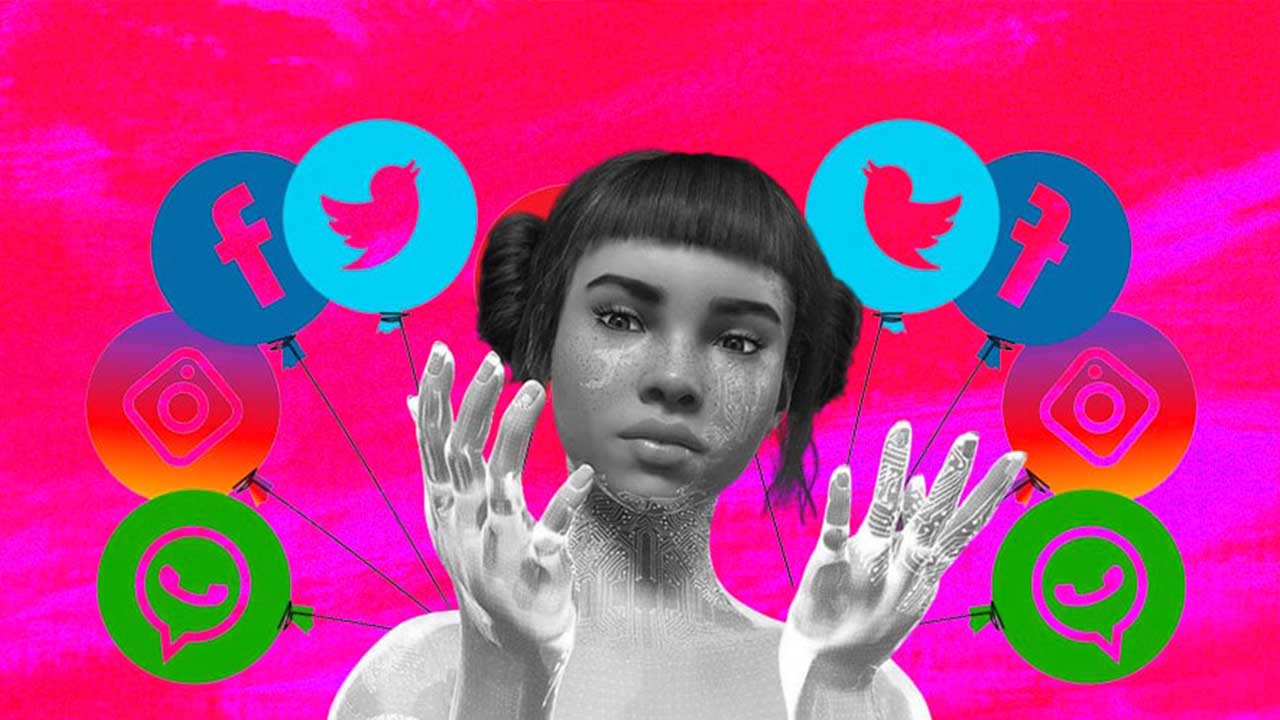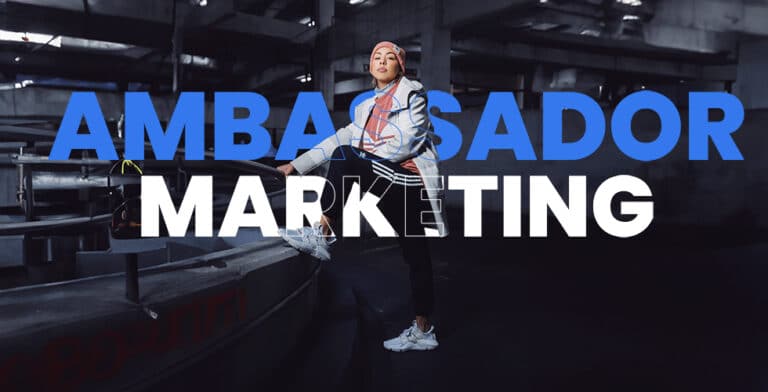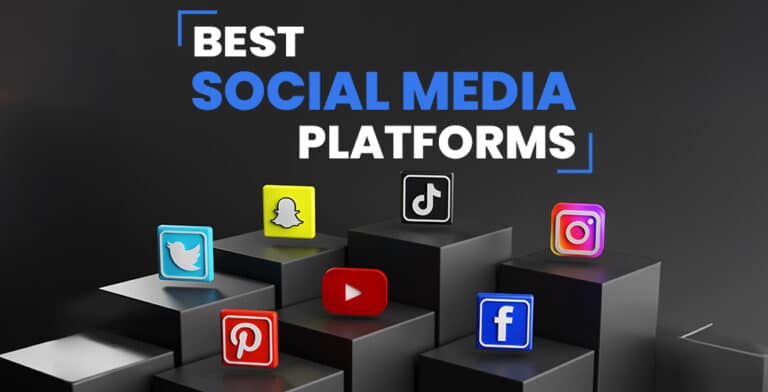The world of content creation and digital marketing has been revolutionized by the power of ai influencer marketing. However, as with all things in the digital age, change is constant, and Artificial Intelligence (AI) is leading the charge. With the emergence of AI, marketers now have access to data-driven insights, enhanced customer experiences, improved ROI, and automation capabilities that give them a distinct competitive advantage.
As we look toward 2023, it is clear that AI will play an even more critical role in influencer marketing strategies. Influencer Marketing Hub’s 2023 benchmark report indicates that 63% of brands are planning to leverage AI in their influencer campaigns this year. Brands are leveraging innovative AI influencer marketing to identify reliable influencers and create content that resonates with their target audience. The role of AI in influencer marketing strategies for 2023 is expected to be significant, and many brands are already capitalizing on its potential. Let’s discover what role Artificial Intelligence will play in influencer marketing strategies for 2023.
Selecting The Right Influencer
At present, brands are facing challenges in finding genuine influencers who can effectively promote their business’s vision and mission. It’s not just about the influencer’s verified status or the number of followers they have, but also about their engagement rates. And also with a seemingly endless option of influencers, businesses often struggle to find the perfect influencer for their brand.
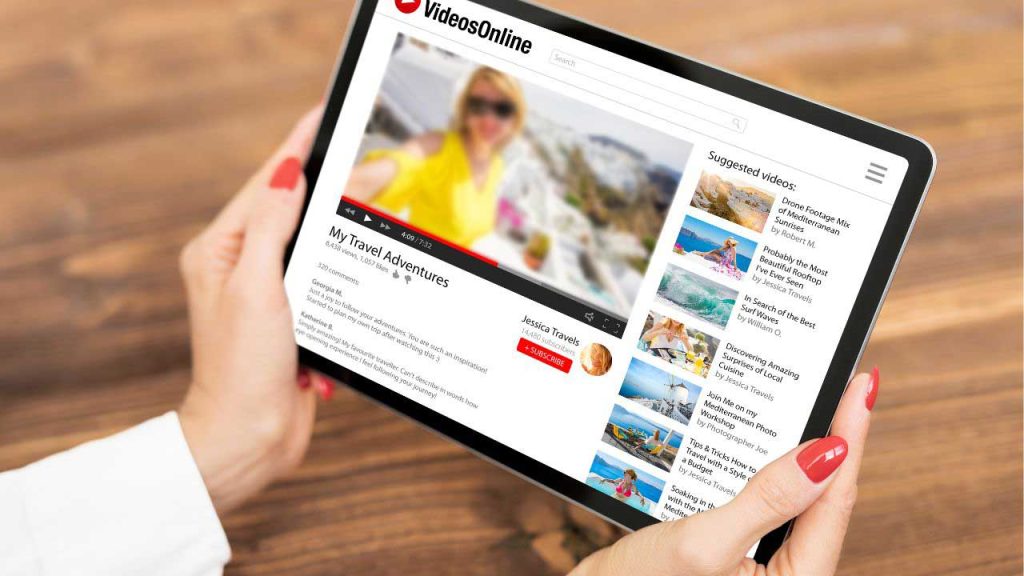
That’s when AI influencer marketing comes into the picture to make this process a whole lot easier. In fact, according to a study, the most popular intended use of AI in influencer marketing is identifying the right influencer suitable for a particular campaign (64%). Through the use of AI-powered tools, businesses can gather and analyze social media data to identify the influencers who are the best fit for their products, vision, services, and campaigns. These tools take into account a range of factors, such as engagement rates, follower count, relevance to the brand, and overall credibility. With this approach, businesses can streamline the search process and verify the information before making a final decision.
Detecting Fraud Influencer and Engagement
Brands are still getting fooled by influencers with thousands of fake followers. According to research, extremely popular brands, such as Ritz-Carlton, DSW, and Neiman Marcus, have fallen victim to fraudulent influencers. Engaging with fake influencers can result in significant losses for brands as their entire marketing budget gets invested in the wrong people. With the help of AI, sudden spikes in the number of followers can be monitored, and companies can use this data to verify the influencer’s authenticity before partnering with them.
Automating Content Creation
With so many AI tools in the market, these tools can help the influencer to create and streamline content creation. AI influencer marketing strategies can now help businesses generate content that perfectly aligns with the needs and preferences of their target audience. AI-powered tools can suggest appropriate prompts for images, videos, scripts, and creative copies that can boost engagement rates and ROI. Moreover, AI can also customize the content to match the voice and style of influencers, enhancing the effectiveness of marketing campaigns.
Furthermore, AI technology has enabled the creation of virtual influencer avatars that can operate 24/7, anytime, and anywhere. These avatars, such as Lil Miquela with over 3 million Instagram followers, have already collaborated with popular brands like Dior and Calvin Klein, showcasing the vast potential of AI in the world of influencer marketing. Another application of AI in influencer marketing is identifying and delivering relevant content. AI can process and analyze huge amounts of data that marketers need to evaluate the value of particular types of content.
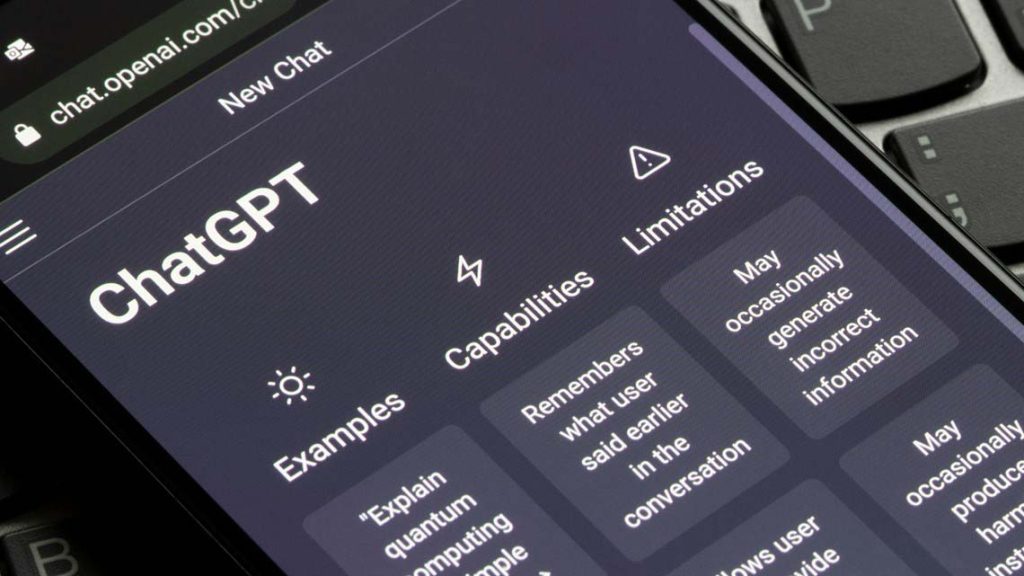
Audience Analysis
The demise of Facebook’s Open Graph has caused influencer marketing agencies to struggle with obtaining accurate audience data for campaigns. However, with AI and machine learning, marketers can now utilize influencer marketing platforms to analyze audience demographics, interests, and behavior. AI tools help to determine if an influencer’s followers align with the target audience and assess the level of engagement of their followers. This ensures that brands can invest in the right influencers and achieve better ROI.
Calculate Influencer Marketing Campaign
In the current year, a survey conducted by us revealed that 49.6% of respondents measure the success of their influencer marketing campaigns based on views, reach, and impressions. On the other hand, 25.5% focus on engagement or clicks, and only 24.9% base their assessment on conversions or sales. In this context, AI is becoming increasingly crucial in influencer marketing campaigns as it helps brands measure the performance of their campaigns and provides insights into what works well and what needs improvement.
With the help of AI tools, businesses can connect important metrics such as brand mentions, traffic, and conversions directly to specific initiatives undertaken by an influencer in real time. This allows them to monitor whether the influencer is achieving the agreed goals with their followers or not. Furthermore, AI-powered analysis of social media data can help predict and calculate performance metrics, making it easier to optimize future campaigns for better results. Additionally, real-time insights provided by AI influencer marketing make changes on-the-fly to improve outcomes during an ongoing influencer campaign.
Exploring Virtual Influencers
A virtual influencer is a computer-generated character created using graphics software, imbued with a distinct personality, and designed to engage with social media users as an actual human influencer would. The virtual influencer acts and interacts on social media platforms, mimicking the behaviors and responses of a real influencer. According to a recent study conducted in the US, 58 percent of respondents reported following a virtual influencer.
Lu do Magalu: Most Followed Virtual Influencer
Garnering significant visibility and an enormous following, Lu do Magalu, a Brazilian virtual influencer, dominated the virtual world in 2022. With over 14.6 million followers on Facebook, 6 million on Instagram, 2.6 million YouTube subscribers, and 1.3 million Twitter and TikTok followers, respectively, her social media presence is unparalleled.
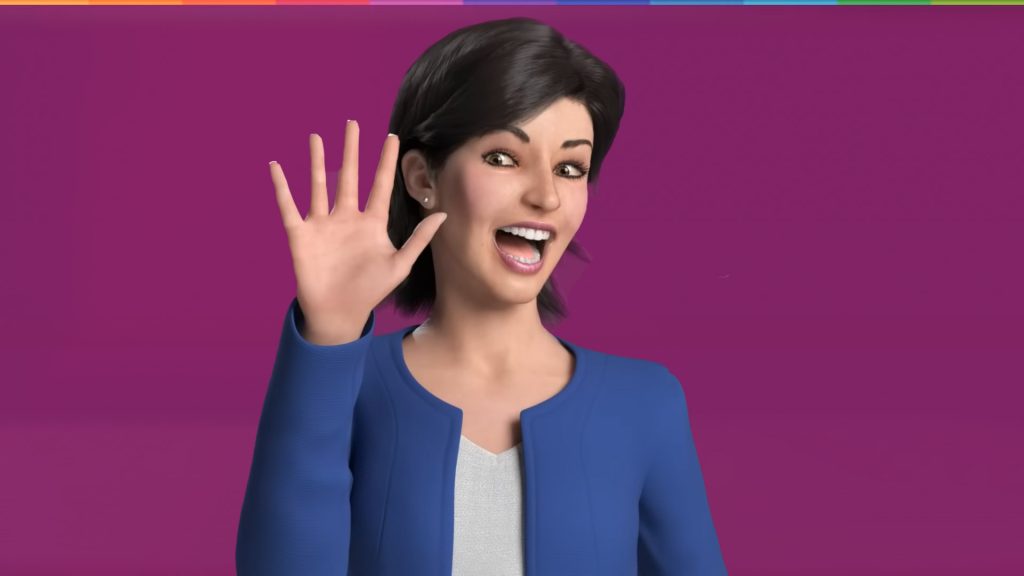
Despite her primarily Brazilian following, she has become a trailblazer in the world of digital marketing. Lu do Magalu made her debut over a decade ago as part of Magazine Luiza’s campaign to promote iBlogTV on YouTube. Since then, she has been a regular feature in product reviews, unboxing videos, and software tutorials, serving as a virtual spokesperson for the retail giant.
Our Takeaway
As AI advances, it holds a world of possibilities for the marketing landscape, empowering brands and marketers to make data-driven decisions with ease. The potential of AI influencer marketing is immense, from identifying the right influencers to crafting tailored content and analyzing campaign performance. The future of AI in marketing is an exciting prospect, and only time will tell how it will shape the industry.

